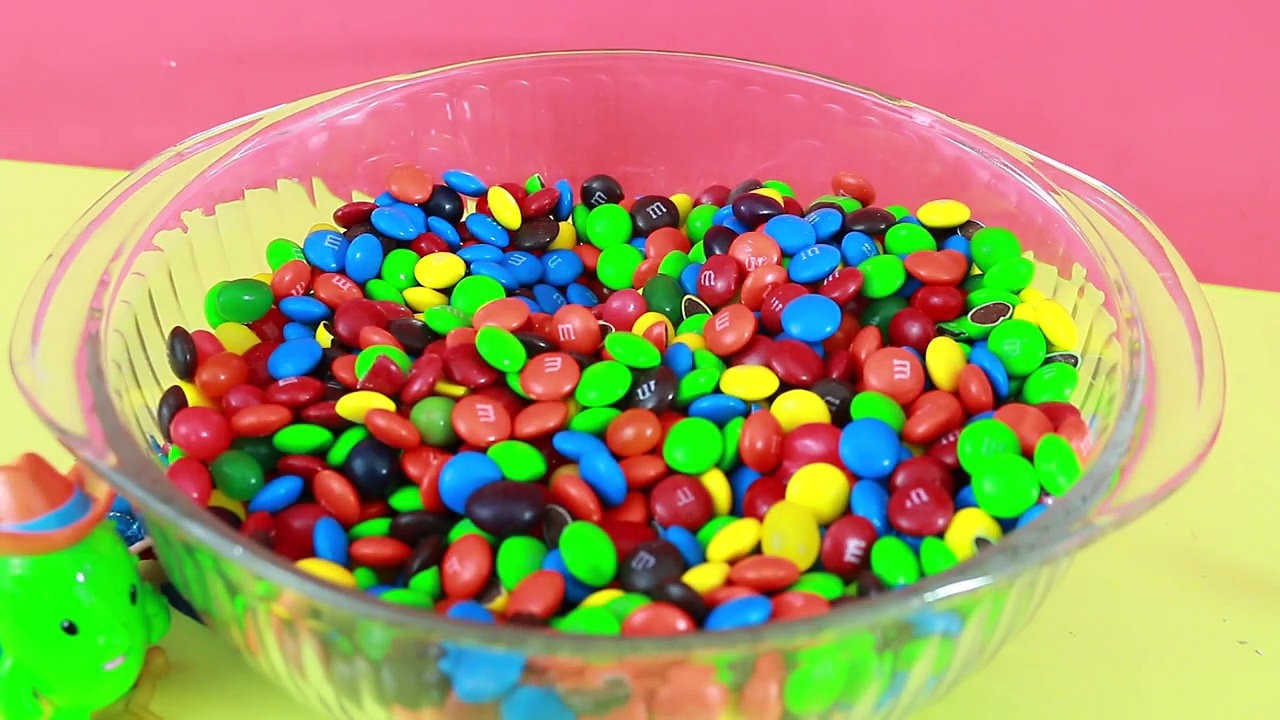 Home Page
Home Page
The “My
Room” exercise on page 19 of the Magee packet shows the
stages of developing an idea. These go back to the philosopher
Aristotle’s The Art of Rhetoric.
The 5 Canons of Rhetoric
- Invention. In this step, you find the items
you’ll use in your description.
- Arrangement. You come up with distinct categories
you’ll use to sort the items you found.
- Style. Style concerns the artful expression of ideas. It addresses how to say what will be said.
- Memory. The last two canons are for speeches rather
than written essays. The speaker used different techniques to
memorize the speech.
- Delivery. There is an art to the effective delivery
of a speech, using gestures, cadence, pitch, etc.
So our English 101 student in the example has been told to
describe something. He has exercised his imagination and decided
to write about what he sees around him. He starts by making a
random list of what he sees as he looks around the room. This is
the invention stage. It has the old meaning of its Latin
root, invenio, to find.
As we move to the first paragraph, we see the student has
converted his list into a number of sentences that are still in
basically the same order. This first paragraph still has no real
arrangement.
In the second paragraph, we see the student add arrangement
and some style to his list. There are two focal ideas
for the paragraph. The first half of the paragraph is governed
by the sentence, "Most people first think of Indians." He then
focused on Native American material and left out everything that
did not pertain to that. The paragraph should be split into two,
with this sentence serving as the second topic sentence: "Of
course, my bedroom does not stay as clean as a tepee." He then
goes on to describe the messiness of the room.
The first phase of writing a description is like finding a bowl
of M&M's.

The second phase of writing a description is like sorting all
the M&M's into their separate colors. You arrange them
into different categories. This process of finding and sorting
is critical to doing well in your essays. Each paragraph in the
body has a distinct topic, as defined by the topic sentence.


Dad 1: Jan Gray
In addition to describing a place like a room, you can describe
a person in your life. You should pick somebody you actually
know as opposed to a historical figure like Abraham Lincoln.
There are two basic approaches to writing descriptions: objective
and subjective.
- An objective description attempts to describe the person, place, or thing with a minimum amount of emotion. Scientists, medical doctors, and police officers strive for objectivity in their reports.
- A subjective description brings in the subjectivity
of the writer. So the writer is both describing the person,
place, or thing and his/her emotional reaction as the
subject doing the writing.
The paragraph we read above is basically objective, with the
author describing his room with very little of his emotional
response included.
The two essays we read on fathers are both subjective.
They are as much about the authors and their response to their
fathers as they are to the fathers themselves. Other than that,
they couldn't be more different. That's because the emotions can
be any of the many emotions that humans experience.
The first two paragraphs of Jan Gray's essay are a description;
the rest is a narrative:
My father’s hands are grotesque. He
suffers from psoriasis, a chronic skin disease that covers his
massive, thick hands with scaly, reddish patches that
periodically flake off, sending tiny pieces of dead skin
sailing to the ground. In addition, his fingers are
permanently stained a dull yellow from years of chain smoking.
The thought of those swollen, discolored, scaly hands touching
me, whether it be out of love or anger, sends chills up my
spine.
By nature, he is a disorderly, unkempt person. The numerous cigarette burns, food stains, and ashes on his clothes show how little he cares about his appearance. He has a dreadful habit of running his hands through his greasy hair and scratching his scalp, causing dandruff to drift downward onto his bulky shoulders. He is grossly overweight, and his pullover shirts never quite cover his protruding paunch. When he eats, he shovels the food into his mouth as if he hasn’t eaten for days, bread crumbs and food scraps settling in his untrimmed beard.
The thesis of the first paragraph is, "My father’s hands are
grotesque," and the rest of the paragraph is about his hands.
The primary emotions Gray feels and wants to evoke in us are
revulsion and disgust. Some of her description could fit into an
objective description:
- a chronic skin disease
- scaly, reddish patches
But the bulk of the description is carefully set up to elicit
that revulsion and disgust:
- grotesque.
- Covers his massive, thick hands
- Scaly, reddish patches
- Periodically flake off
- sending tiny pieces of dead skin sailing to the ground.
She moves from the psoriasis to his smoking:
- his fingers are permanently stained a dull yellow from
- years of chain smoking.
These items lead naturally to the concluding sentence "The
thought of those swollen, discolored, scaly hands touching me,
whether it be out of love or anger, sends chills up my spine."
Notice that Jan could have turned the description any way she
wanted to; she chooses what emotion to evoke. The
typical freshman essay I've been reading since I started
teaching in 1988 runs something like this:
My father has psoriasis, a chronic
skin disease that is very painful. But he never complains or
lets it intefere with his being the world's greatest dad.
One reason Jan Gray's essay got reprinted is that it is so much
different (and better) than the typical essay.
The second paragraph zooms out from the first to describe the
appearance of the whole man. The topic sentence is, "By nature,
he is a disorderly, unkempt person." Then she describes the way
his whole body looks, continuing with emotions of revulsion and
disgust. Here is the list she found in her invention
stage.
- The numerous cigarette burns,
- food stains, and
- ashes on his clothes show how little he cares about his
appearance.
- He has a dreadful habit of running his hands through his
greasy hair and
- scratching his scalp,
- causing dandruff to drift downward onto
- his bulky shoulders.
- He is grossly overweight, and
- his pullover shirts never quite cover his protruding paunch.
- When he eats, he shovels the food into his mouth as if he
hasn’t eaten for days,
- bread crumbs and food scraps
- settling in his untrimmed beard.
Again, she could have described her father in a more positive
lights. She could have called his shoulders "broad" instead of
"bulky." She could have said he's pleasantly plump rather than
grossly overweight. So she not only chose what to describe, but
how to describe it.
Dad 2: Phyllis Theroux
Theroux's description of her father puts a much more positive
spin on her father than Gray does.
He was a tall, crooked‐toothed,
curly haired man, who smelled of Lucky Strikes and St. Johns
Bay Rum. He was the only father who wore penny loafers on
business trips, a Mouseketeer hat to pick up my brother on his
first movie date, and he had the delicious gall to invite the
richest girl in my class (she had her own pool but an
exclusive number of invitations) to come on over to the house
(“When you're free, of course”) and watch our lawn sprinklers.
“Sometimes we get them going in opposite directions to each other, he said drily, “and it's terribly amusing.”
The richest girl in the class
laughed nervously, I choked back my borrowed triumph, and
savored the fact that once again my father had effectively
punched‐out the opposition on my behalf. He had a gift for it.
Notice that the items she lists aren't automatically positive;
she puts that spin on them. She could have described his smoking
as negatively as Jan Gray does; instead, she chose to describe
it positively. She could have called him "snaggle toothed"
instead of "crooked toothed." She shares his sense of humor; if
she didn't, she could talk about him wearing a Mouseketeer hat
to her brother's date as a traumatic experience. Also, her
father asking the school's richest snob to come watch their lawn
sprinklers could have humiliated Phyllis had that been the way
she reacted to such situations. Instead, she shares her father's
amusement.